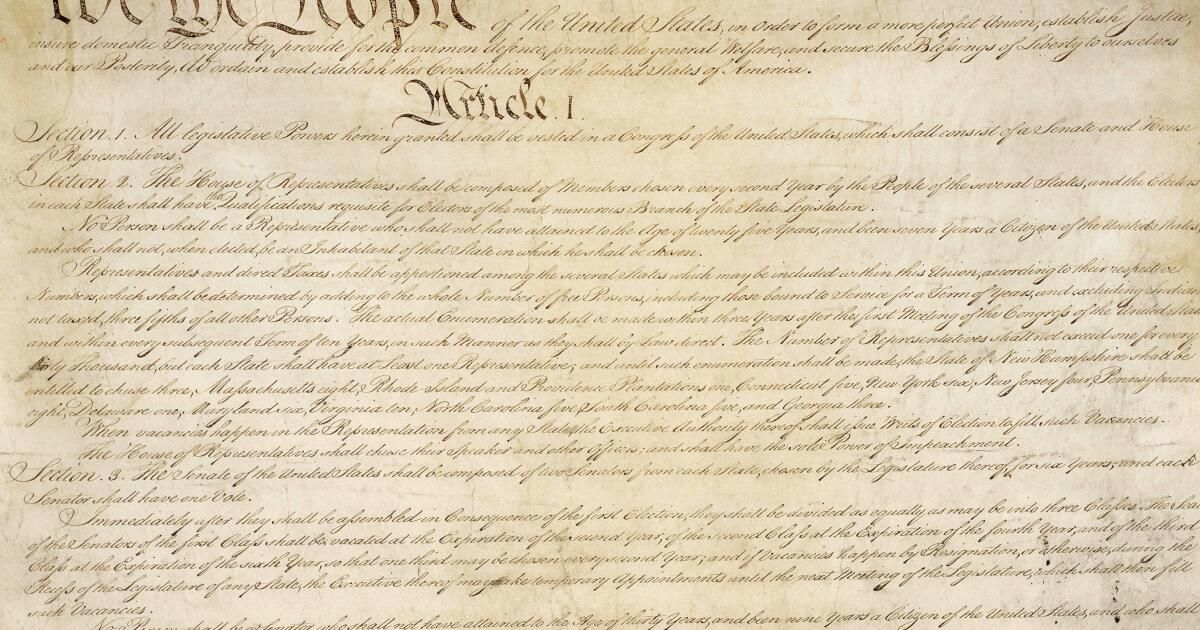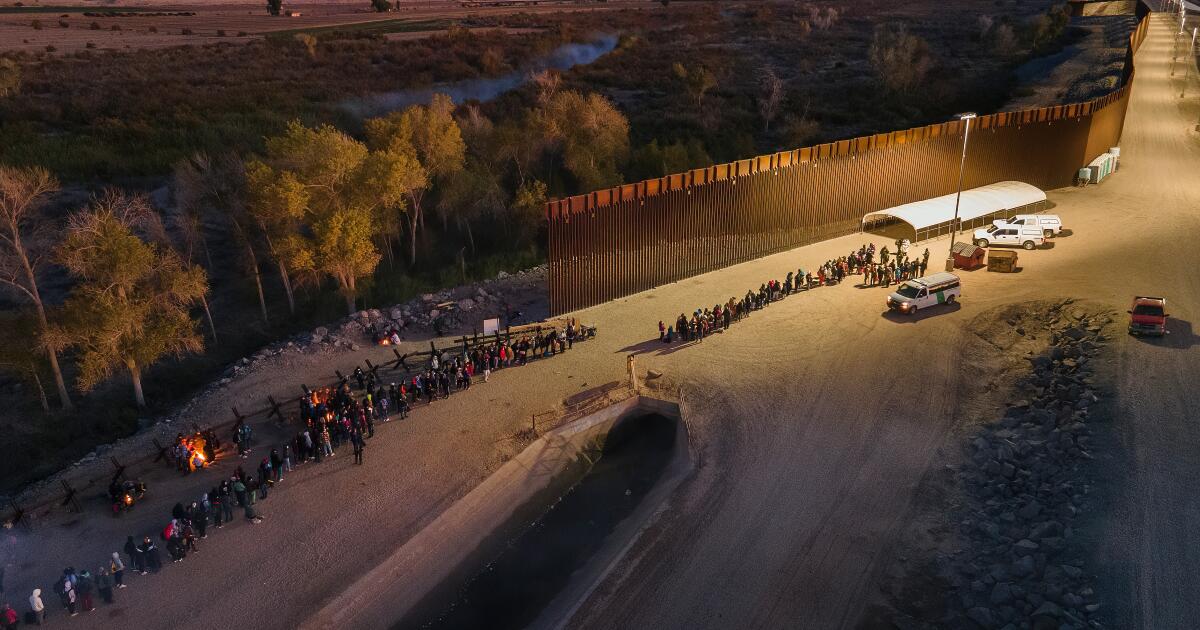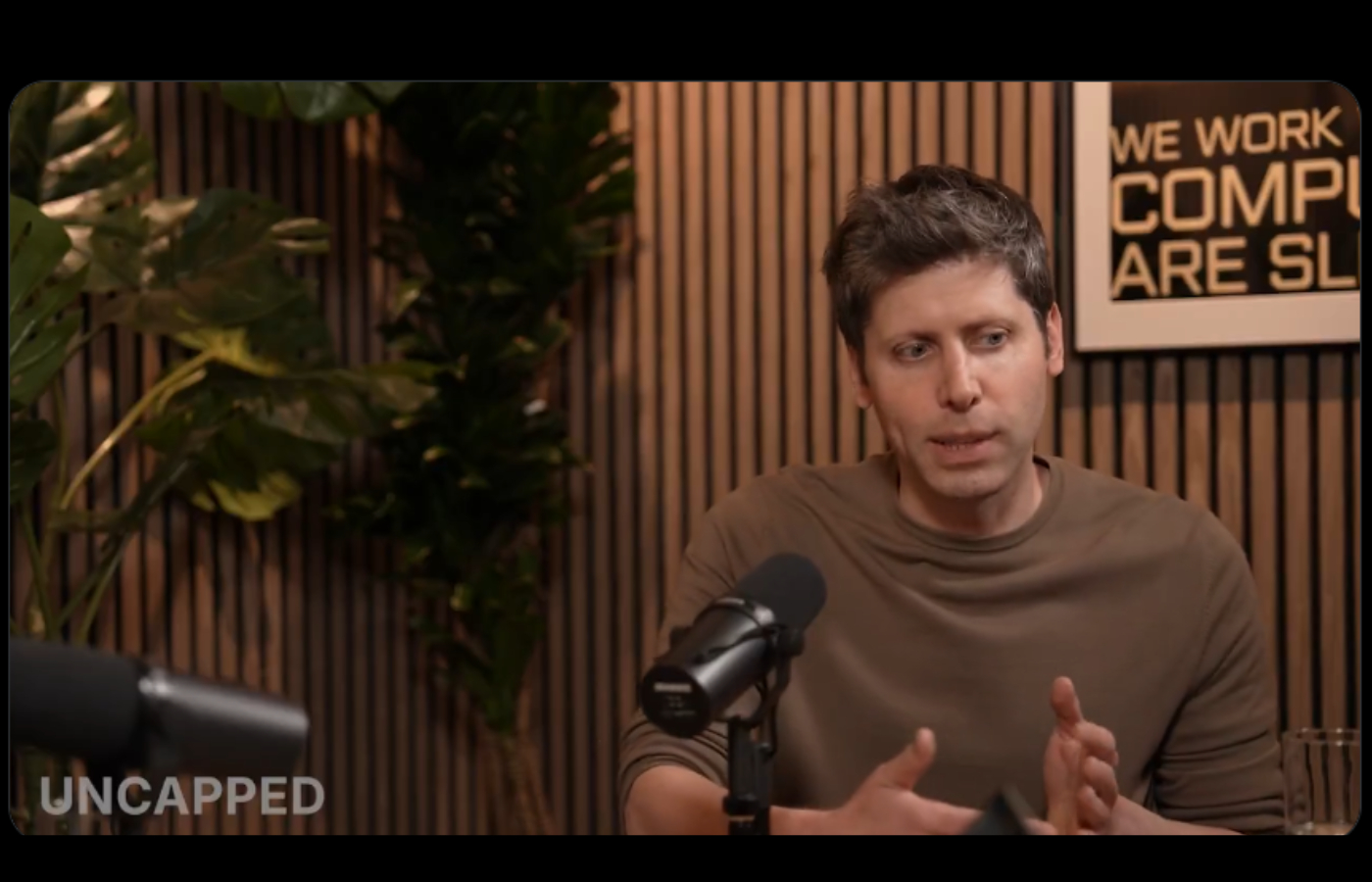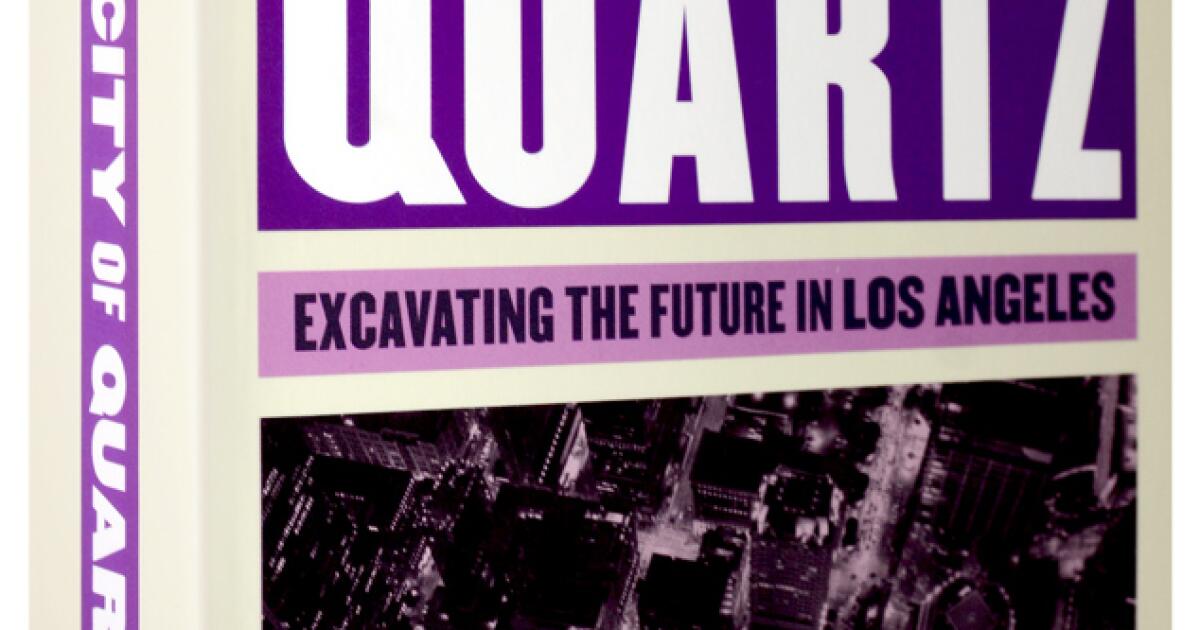At the Constitutional Convention of 1787, Pennsylvania delegate James Wilson raised an apparently un-American idea. He said the executive branch of the U.S. government should be headed by one person: a president.
Several constitutional delegates opposed it. A single leader in charge? Virginia delegate Edmund Randolph said it was the “fetus of monarchy.” The United States had just fought a bloody war to free itself from a king. Why would they want another one?
Randolph and his allies believed that the executive branch, like the legislative branch, should distribute power among several people. Perhaps a council of three presidents, or even, as Benjamin Franklin had endorsed in previous years, a group of 12 executives.
Wilson finally convinced the other delegates that multiple presidents would cause too much infighting, and the states voted 7 to 3 in favor of a single president.
But what if Randolph was right? Modern presidents wield power that the Founding Fathers never even dreamed of.
Consider that George Washington issued eight executive orders in eight years, while Barack Obama issued 276 in his eight years and Donald Trump 220 in just four. Or look at the war powers, which are supposed to be divided. The Constitution gives Congress the power to declare war and the president the task of prosecuting that war. But now, for the most part, the president initiates, executes and ends conflicts.
The Founders would be horrified. The fetus of monarchy has become a small child, perhaps even a teenager. And Trump has made it clear that if he wins, he will become a strapping young adult.
So how can we stop this apparent slide toward authoritarianism? Maybe we should revive that idea of second place in the Constitutional Convention and split the presidency. Break it into pieces like we did with Ma Bell in the 1980s.
The first time I encountered this admittedly improbable notion, I was studying James Madison's notes from the Constitutional Convention while working on a book in which I was trying to understand the original meaning of the Constitution and exercise all my rights. I decided to use my First Amendment right to petition Congress, asking them to reconsider the idea of three presidents.
I took my petition to cocktail parties and parenting events at my children's school. After a couple of weeks, he had 300 signatures and the same number of skeptics who refused. I knew it was a long shot. And honestly, I'm not sure I want it to succeed. Multiple presidents could have multiple unintended consequences. But I wanted to use the topic as a way to highlight the problem of our country's steroidal presidential power.
Is a polypresidency possible? Multiple leaders are unusual, but not unheard of. Political scientist Dan Carpenter told me, “There's a lot of talk in political science circles right now about the idea of multiple leaders.”
The Roman Empire was ruled for 500 years by two consuls who shared power. Today, a handful of nations have multiple heads of state, including Switzerland, which has, in effect, seven presidents. It is governed by an executive council of seven politicians, each from a different region. Each member of the council serves for a one-year period as ostensible chief, but the role is primarily ceremonial. Decisions are made by majority vote. Works? According to the independent V-Dem Institute, Switzerland ranks first in the world in participatory democracy. (United States ranks 25th.)
Some of the Founders had a similar system in mind. Randolph suggested three presidents, one from each of the Northern, Southern, and Central states. Maybe regional presidents are the way to go. Or maybe it would be better to have the three most voted from anywhere in the country.
The hope is that this type of system will reduce the chances of extremism. And perhaps it is no coincidence that Switzerland has resisted extremism from other European nations.
Some who were skeptical of my request wondered if a polypresidency would create more stagnation. It's a valid point. My answers include: Switzerland seems to work (although perhaps the Swiss are much more polite). Furthermore, if decisions simply need a majority of presidents (rather than unanimity), could a triumvirate really cause such a slowdown? And third, perhaps more obstacles in the presidency would be a feature, not a bug. The Founders recognized the importance of obstacles to reduce rash decisions. The problem now is that Congress has too many obstacles and the president has too few.
I finally took my petition to a meeting with Senator Ron Wyden (D-Ore.). He was surprisingly understanding: “You are injecting logic and common sense, which is often missing in public discourse.”
So, did you have the senator's support?
“I'll consider it a little bit,” he said, and then clarified: “That's what you call an underpromise.”
Wyden won't advocate for co-presidents, but he did agree that we need to curb the growing power of the office of president.
We can achieve this in many ways without radically restructuring the government. One idea: reject the supermajority requirement in the Senate. To pass any actual legislation, the Senate now needs a 60-vote supermajority. This rule is not in the Constitution and makes Congress' action too difficult.
Another strategy would be for Congress to regain some of its constitutional powers. In fact, the same morning of my meeting with Wyden, he had met with the Biden administration to try to get Congress to take back some of the power to set tariffs.
I wished the senator good luck and I think the Founders would too.
AJ Jacobs is a journalist, podcaster and author. His next book, “The year of living constitutionally”, will be published on May 7.











